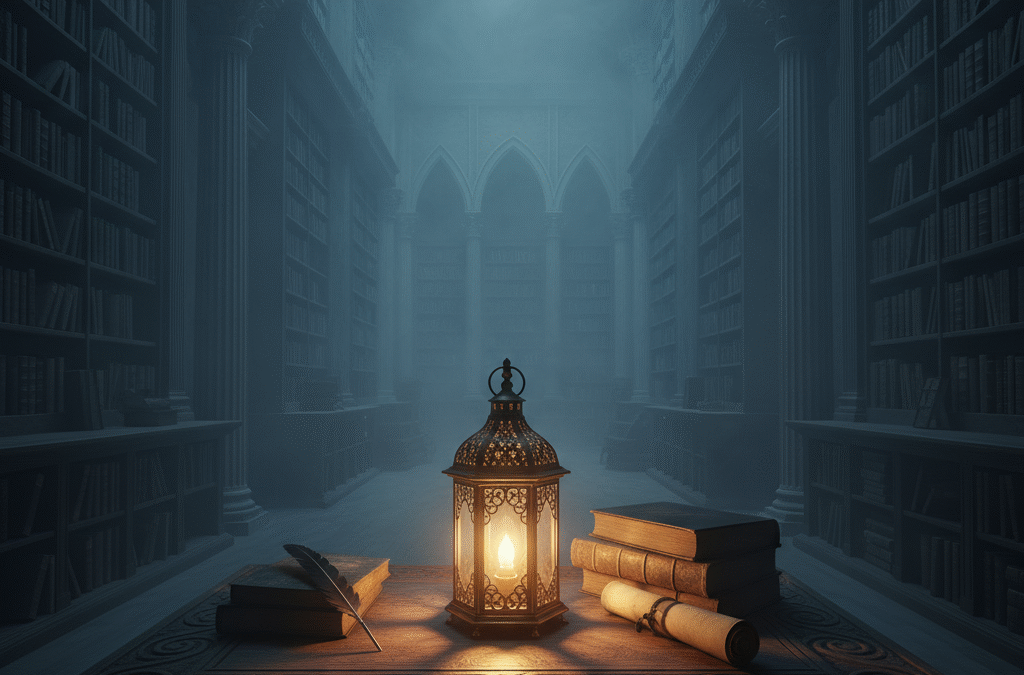We’re taught at an early age that knowledge is the stuff of certainty. The right response is the one teachers like, we esteem intelligible voices in society, and we’ll pay those who “know what they believe” unconditionally. Uncertainty, though, is likely weakness, a wall against intelligibility, a sign of doubt. What if uncertainty weren’t knowledge’s enemy but its heights?
Think about the very, very long history of philosophy’s skepticism. The founder of Western philosophy, Socrates, didn’t claim to know a whole lot at all. Rather, he famously professed his wisdom as a matter of not knowing anything. His strategy wasn’t to assert truth but to inquire stubbornly, driving to the brink of assumptions until his students couldn’t help but think harder. This wasn’t skepticism as standoff, but skepticism as way to deeper truths.
Even science needs skepticism. It all begins skeptically: does it really work the way that we think it does? Is there another explanation? Skepticism gives the scientific process its momentum because only questioning the old solutions do we form new ones. When scientists stop questioning, then we stop progressing and what was once true becomes fixed dogma.
But doubt is not for science and philosophy alone, it’s part of life. Consider the person who never questions his or her own ideas, never questions his or her own perspective, never questions his or her own assumptions. That fellow may be confident, but his or her confidence will become arrogance or ignorance. Doubt reminds us to be grounded. Doubt reminds us we might be wrong, that things are not necessarily as they seem, and that other human beings have value to offer.
And of course, doubt can be uncomfortable too. It ripples the foundations, making us question where to stand. That is why so many steer clear of it. Certainty is snug, but doubt is a fault line in the foundations. And maybe it’s in that uncomfortableness that real growth occurs. Doubt makes us look harder, think longer, and reach farther. Doubt prevents us from taking easy solutions.
Thus, doubt does not destroy knowledge, it deepens it. Unfounded, dogmatic, and shallow knowledge is possible. Dubious knowledge becomes malleable, retrievable, and fundamental. Wisdom is not striking certainty but having questions at hand even in the absence of questions.
Religions, philosophies, and individual belief systems are charged with resolving this dilemma. Blind faith is comforting, but doubt-enriched faith is richer, more substantial, and more human. A man who has doubted, questioned, and yet still decided to believe—or not believe—has reached his destination in good faith. Doubt is therefore not the enemy of belief but its proving ground.
There is also an ethical side to doubt. When we doubt ourselves, we shall not force our views on others. When we doubt leaders, we spare ourselves from corruption. When we doubt the institutions in which we belong, we stay open to change. Doubt is therefore a pledge against complacency and tyranny.
The utmost state of knowledge is thus not certainty but openness, a willingness to entertain the possibility of what we don’t know, a willingness to stay asking and question even that which appears most certain. Certainty closes the door. Doubt leaves it ajar.
Is then doubt the last word of knowledge? Maybe. Because doubt is not to be defeated but welcomed, a sign that our minds are still active, still inquiring, still willing to entertain the chance of the mystery of life. Certainty can soothe us, but doubt illuminates.
